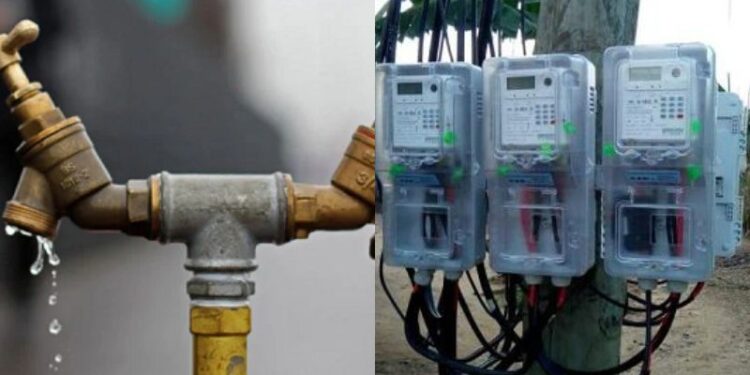The Electricity Company of Ghana (ECG) and the Ghana Water Company Limited (GWCL) are seeking massive tariff adjustments, citing rising operational costs and the impact of illegal mining on their finances.
At ongoing public hearings organized by the Public Utilities Regulatory Commission (PURC), ECG proposed a 225% increase in distribution service charges (DSC-1) moving from 19 pesewas to 61 pesewas per kilowatt hour. Management warned that without this increment, the company risks a financial collapse by 2026.
“The cost of producing and distributing electricity has far outstripped revenue from sales,” ECG representatives told the hearings. The company further demanded that the cost of public lighting be factored into tariffs, while calling for a review of the existing residential tariff structure.
“We are proposing that the current three-tier system be reduced to two bands the lifeline tariff and one additional category. This will improve revenue generation not just for ECG but for the entire power sector,” management explained.
The Ghana Water Company Limited (GWCL) is also requesting a 280% increase in tariffs, blaming galamsey (illegal mining) for polluting water sources and escalating treatment costs. “The only raw resource we depend on is water, and it is becoming increasingly difficult to access clean sources,” a GWCL official stressed.
Meanwhile, GRIDCo and Enclave Power Company are also pressing for tariff adjustments, with industries in the Free Zones enclave expected to face a 163% rise in distribution charges if proposals are approved.
The Consumer Protection Committee and PURC’s Stakeholder Committee, however, have urged calm.
Chairperson of the PURC Stakeholder Committee, Nana Yaa Jantuah, reminded the public that the figures presented are not final, noting that “These are only proposals. The PURC will interrogate every figure to ensure that whatever decision is taken balances consumer interest with the financial sustainability of utility providers,” she said.
The PURC is expected to review the submissions before making a final determination on the proposed hikes.
Read Also: Energy Economist Defends ECG’s 225% Tariff Hike Proposal

























